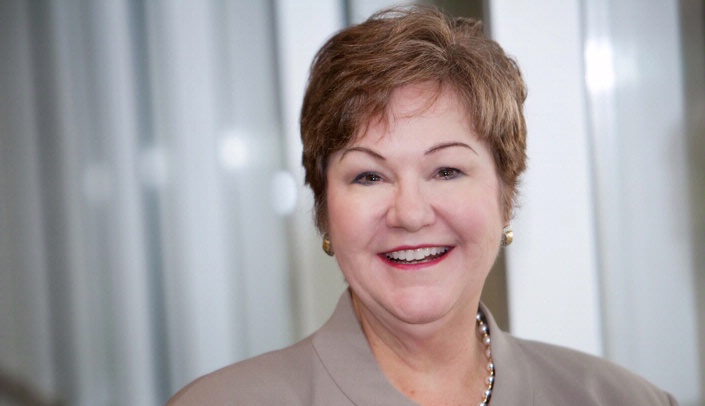Older adults who are experiencing social isolation or loneliness may face a higher risk of mortality, heart disease, and depression, according to a new report from the National Academies of Sciences, Engineering, and Medicine.
Despite the profound health consequences — and the associated costs — the health care system remains an underused partner in preventing, identifying, and intervening for social isolation and loneliness among adults over age 50.
For individuals who are homebound, have no family, or do not belong to community or faith groups, a medical appointment or home health visit may be one of the few social interactions they have, according to the report released today.
The report outlines five goals that the health care system should adopt to help address the health impacts of social isolation and loneliness. It also offers recommendations for strengthening health workforce education and training, leveraging digital health and health technology, improving community partnerships, and funding research in understudied areas.
“This is a big issue,” said Juliann Sebastian, Ph.D., dean of the University of Nebraska Medical Center College of Nursing, a member of the National Academies of Sciences, Engineering, and Medicine committee that did the study and released the report. “It was stunning to become more and more aware of all of the research that shows associations between social isolation and loneliness and health problems and even mortality.
“One of our key conclusions was that we need to make people are more aware of this problem. Social isolation and loneliness don’t fit in neatly within our typical health care environment. We also want to be certain that all health professionals know that we should assess and identify people who have problems with social isolation and loneliness.”
Whereas social isolation is defined as an objective lack of social relationships, loneliness is a subjective perception. Not all older adults are isolated or lonely, but they are more likely to face predisposing factors such as living alone and the loss of loved ones, the report says. The issue may be compounded for LGBT, minority, and immigrant older adults, who already face barriers to care, stigma, and discrimination.
Social isolation and loneliness may also directly stem from chronic illness, hearing or vision loss, or mobility issues. In these cases, health care providers might be able to help prevent or reduce social isolation and loneliness by directly addressing the underlying health-related causes.
“Loneliness and social isolation aren’t just social issues – they can also affect a person’s physical and mental health, and the fabric of communities,” said Dan Blazer, J.P. Gibbons Professor of Psychiatry Emeritus and professor of community and family medicine at Duke University, and chair of the committee that wrote the report. “Addressing social isolation and loneliness is often the entry point for meeting seniors’ other social needs – like food, housing and transportation.”
The recommendations in the report — which can be downloaded here — represent a vision for how the health care system can identify people at risk of social isolation and loneliness, intervene and engage other community partners, including improving clinical care delivery, strengthening health professional education and training, exploring the ethical implications of health technology and filling research and evidence gaps.

The widowed are particularly at risk. Discussed regularly on the reddit widower group, it is both common and severe. It would be a good study population.